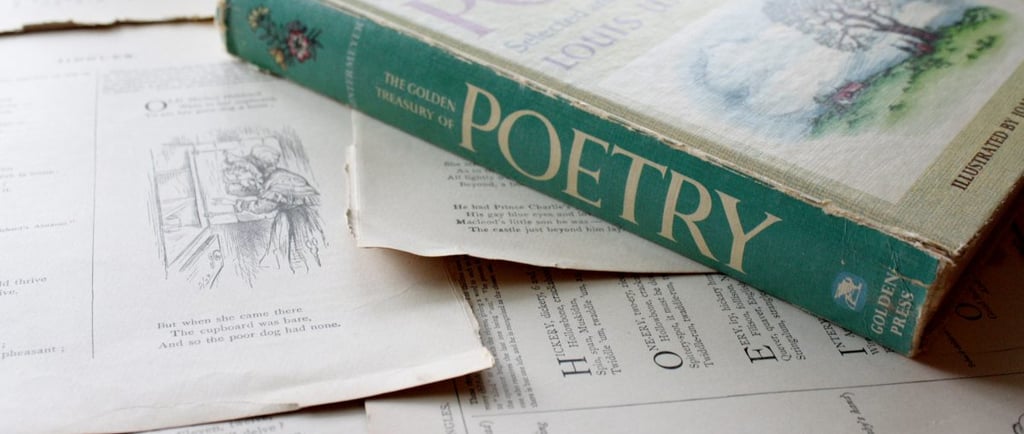SANDS OF SINDH
ALM No.75, May 2025
POETRY


Sands of Sindh
I now know the meaning of what they say
when pink brambles grow out of stones
of a sandy terrain: provocative statuesque.
On a train, air of privileged nonchalance
smuggles my lungs as wheels gutter backwards
and forward, like the minds of land-owners
(vaderas), their ubiquitous séances: taking
that does not belong to them, heritage fraught
in usurped splendour. The train sways
on rising and dipping scales, the subtle ebb
of alien-ness on hobbling tracks. Suddenly,
as if the sky intuiting need for respite,
a shower of misdirected rain splatters across
the window’s dust-smitten glass; unhinged
and unchained like moisture slicing through
incinerating heat, like a dove perched on cactus;
miscalculated belonging pulling towards
ancestral abandonment. The scenery flips
frame by frame, all there is to see are strips
of unoccupied lands – sea after sea of deserts
unnamed – and stray herd grazing with staid
optimism on bone dry shrubs, their eyes oracular
mysteries of ancient sciences. Every man is
an owner of ghosts: stories buried in the folds
of sands tossing and curling under weights of feet
walking along humps that have weathered ages
of faith in humanity to arrive like a water-bearer
and sustain its outrageous unused-ness. My home
drowns its acres under mute liberty: deafened cages
(I can see but not their invisibility), not knowing
which dune to call home. Wind turbines appear
like rows of auguring pillars. The train trembles
to a halt; the turbines: sturdy trees of motion
stare back in portend. Wilting brambles whisper
through stones, chanting familiarity; dark, globing
eyes of the stray herd reflecting in my own.
Barzakh
He points to the boat waiting in the mist
and casts a final glance to me. Horizon,
a worried shade of red sprawling heavily;
but he embodies peace –– in white shroud ––
somewhere on the side where he's landed,
roofs of homes are topaz crowns of light,
and my hand can possibly pull him back
from the galore of the unknown –– to him
what awaits is better than what's now ––
but, instead, my hand points to the voice
rising from the maghreb. He has seated
into transaction; the need for no-barter,
only pronouncing the vow –– the yes ––
and the boat paddles on a believer's
stream, words of affirmation spoken
without need for voice. Taut creeks
merge where he's going: loose placid
waters flowing like hymns; lamp-lit alcove
reminding him what he left behind matters
and what he's going towards is samaraat ––
the place in-between worlds he had begun
seeing, begun describing in his hypnosis:
on his face the consequence of his prayers.
The red horizon lifts with the ease of a veil ––
he now knows what will take me a while, but
how do I know we aren't already there
in interim, collecting our dues? The need for
no-barter, just a simple vow and we are through ––
Sheikha A. is from Pakistan and United Arab Emirates. Her work appears in a variety of literary venues, both print and online, including several anthologies by different presses. Her poetry has been translated into Spanish, Vietnamese, Chinese, Greek, Arabic, Polish, Italian, Albanian and Persian. More about her can be found at sheikha82.wordpress.com